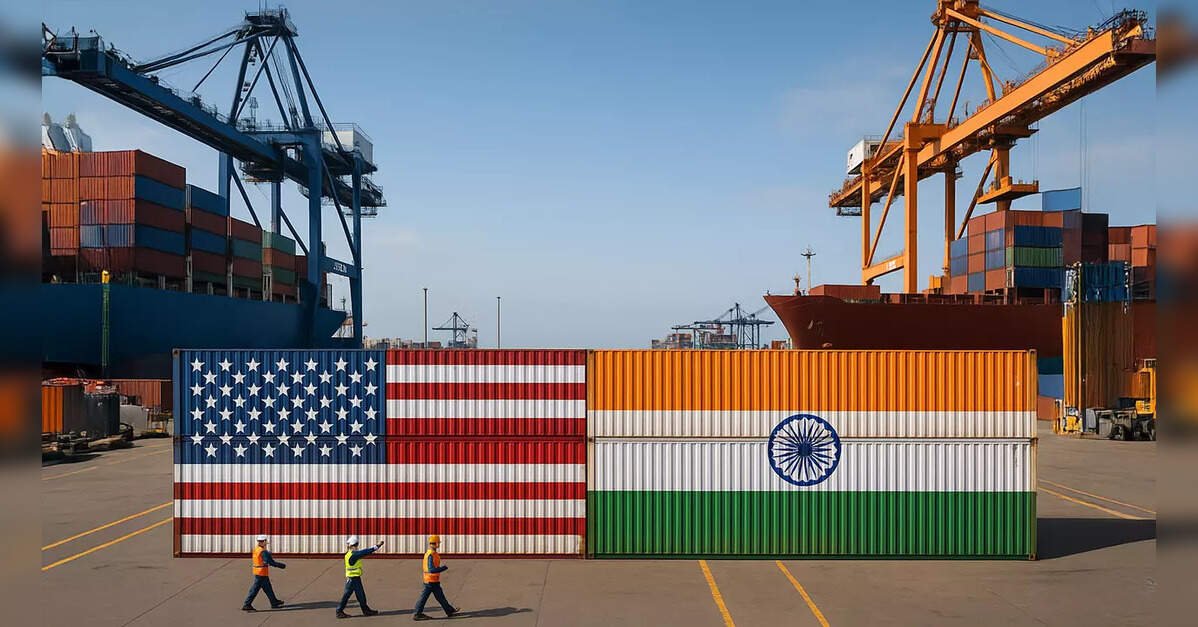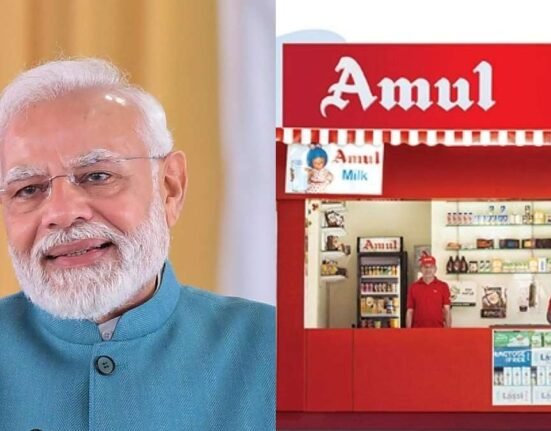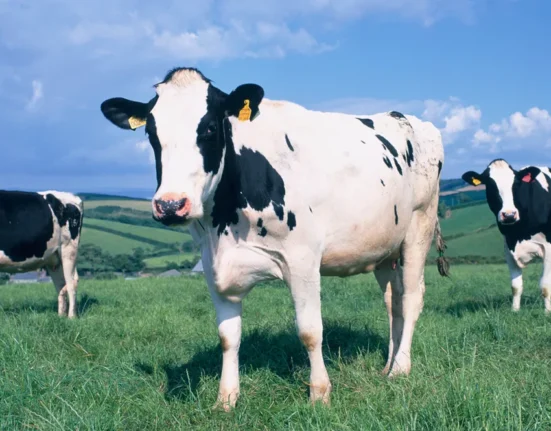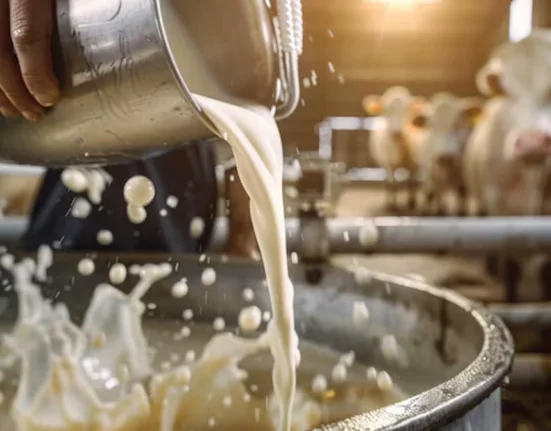In a high-stakes round of bilateral trade negotiations, India has firmly rejected what it described as the United Statesâ âtake-it-or-leave-itâ demands on granting wider market access in key sensitive sectorsâparticularly dairy, agriculture, digital services, and medical devices. The talks, held in New Delhi earlier this month, mark a pivotal moment in the evolving Indo-US trade landscape.
According to a report by Moneycontrol, the Indian side resisted pressure from Washington to relax its regulatory and tariff framework for American dairy and agricultural productsâareas India continues to shield due to domestic sensitivities and socio-economic impacts.
âWe are open to reciprocal growth, but not at the cost of rural livelihoods or dairy cooperatives,â said a senior Indian trade official, speaking on condition of anonymity. âThe US proposals appeared unilateral, lacking flexibility.â
đ§ Dairy Sector at the Heart of Trade Friction
The dairy industry has emerged as a flashpoint in the negotiations. American lobby groups have long criticized Indiaâs restrictions on imports of dairy products, particularly those derived from animals not fed vegetarian diets. But India has consistently maintained that its domestic dairy ecosystemâbuilt on smallholder farmers and cooperatives like Amul, Nandini, and Verkaâmust be protected from foreign competition.
âIndiaâs dairy policy isnât just about economics; itâs about culture, livelihoods, and nutrition,â said Dr. Meera Ghosh, an agri-policy analyst. âOpening the floodgates to subsidized imports could destabilize the Indian dairy sector, which remains the backbone of rural employment.â
đ Deadline Looms: Virtual Talks Underway
The in-person meetings ended without a deal. However, both sides have agreed to continue virtual negotiations with a goal to finalize an interim trade agreement before July 8, when a temporary pause on retaliatory tariffs expires.
The US has requested tariff reductions on wheat, almonds, apples, and dairy products, while India seeks steel duty exemptions and broader trade facilitation.
đ Trade Ambitions vs. Domestic Priorities
India is seeking a dual-track approachâgradually opening up non-critical sectors while safeguarding key industries like dairy and farm produce. Analysts say this approach reflects a delicate balancing act between accelerating trade growth and preserving domestic socio-economic equilibrium.
âThis is about calibrated liberalization,â explained Rituparna Singh, trade researcher at ICRIER. âIndiaâs agri and dairy sectors are price-sensitive and politically vital. Any deal must account for that.â
đ Whatâs at Stake?
If no deal is reached, both sides risk a reimposition of up to 26% tariffs on select Indian exports. With an ambition to double bilateral trade to $500 billion by 2030, leaders on both sides are under pressure to show progress.
For Indian dairy, this negotiation could set a precedent for how future trade deals treat value-added dairy products, cooperative models, and sustainable dairy farming in global trade frameworks.








1 Comment